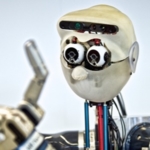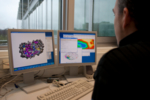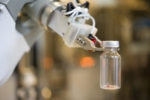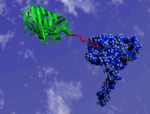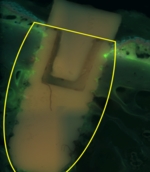
Calling for quality seal for implants
Today's seniors are older and more active, which is why implants remain in the body longer and are subjected to greater strain than before. Improved surfaces are expected to ensure that the implants heal and integrate into the bone optimally. In an interview with BIOPRO, Dietmar Schaffarczyk, CEO of Konstanz-based stimOS GmbH, explains why a voluntary quality seal makes sense and gives consumers a better chance of recognising high-quality…
https://www.gesundheitsindustrie-bw.de/en/article/news/calling-quality-seal-implants